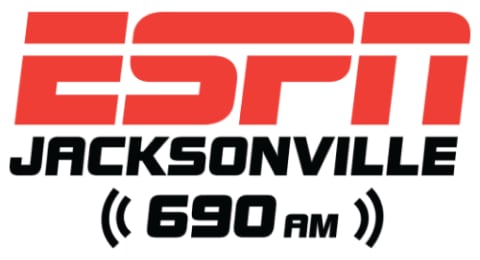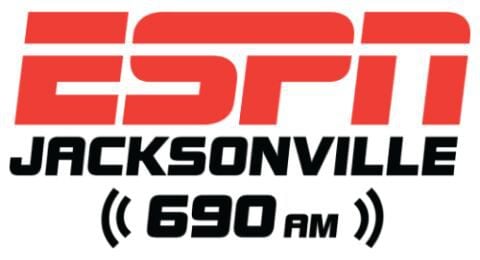Several lawsuits have been filed challenging President Joe Biden’s student loan relief plan, leading to some changes in the plan and some confusion as to who qualifies for the help.
Biden announced the plan in August that would cancel $10,000 worth of student loan debt for those with federally backed student loans, and $20,000 worth of student loan debt for those who received Pell Grants.
Three lawsuits have been filed challenging the plan. One comes from the attorneys general of six states who argue that the plan will impact state revenues and investments that used loan payments as part of their operating budgets.
A hearing on the suit had been set for Tuesday, but the Biden administration and the attorneys general reached an agreement to push the hearing until next week.
On the administration’s part, it promised not to forgive any student debt under the program Biden announced in August “before Oct. 17, 2022.”
The second suit is one brought by Arizona’s attorney general, Mark Brnovich. Brnovich’s lawsuit argues that Arizona will suffer lower tax revenue if the debt relief plan goes into effect.
Brnovich also claims that if the Public Service Loan Forgiveness program goes forward, it will be harder to get people to work in public service jobs, including the attorney general’s office. Brnovich is a Republican running for the Senate seat in Arizona.
Those who qualify for the PSLF program have until Oct. 31 to apply for student loan forgiveness under that program.
The third suit was filed by the Pacific Legal Foundation, which argued that Biden’s loan forgiveness would leave an Indiana attorney worse off because he would owe so much in state taxes due to the forgiveness.
A federal judge ruled against the group last week, though he said the group could file an amended complaint.
After the suit was filed, the U.S. Department of Education said it would allow borrowers who are in line to automatically receive loan forgiveness to exempt themselves from the program if they wish.
The borrowers in question are those who did not need to fill out an application because the Department of Education already has their income on file.
Another change in the plan, however, will leave some 700,000 people out of the relief program.
The Department of Education announced last week that some of those who took out federal loans that were guaranteed by the government but were handled by private banks, will not have those loans forgiven.
As of Thursday, the Department of Education said in a statement that many of those with Perkins loans and Federal Family Education Loans will no longer qualify for the forgiveness program.
Another challenge Biden could face is a suit that questions his authority to forgive federally backed student debt loans.
Administration officials have said Biden has the authority under the HEROES Act, which gives the Department of Education broad powers to modify the terms of student loans during national emergencies. The administration said the COVID-19 pandemic was such an emergency.
©2022 Cox Media Group







